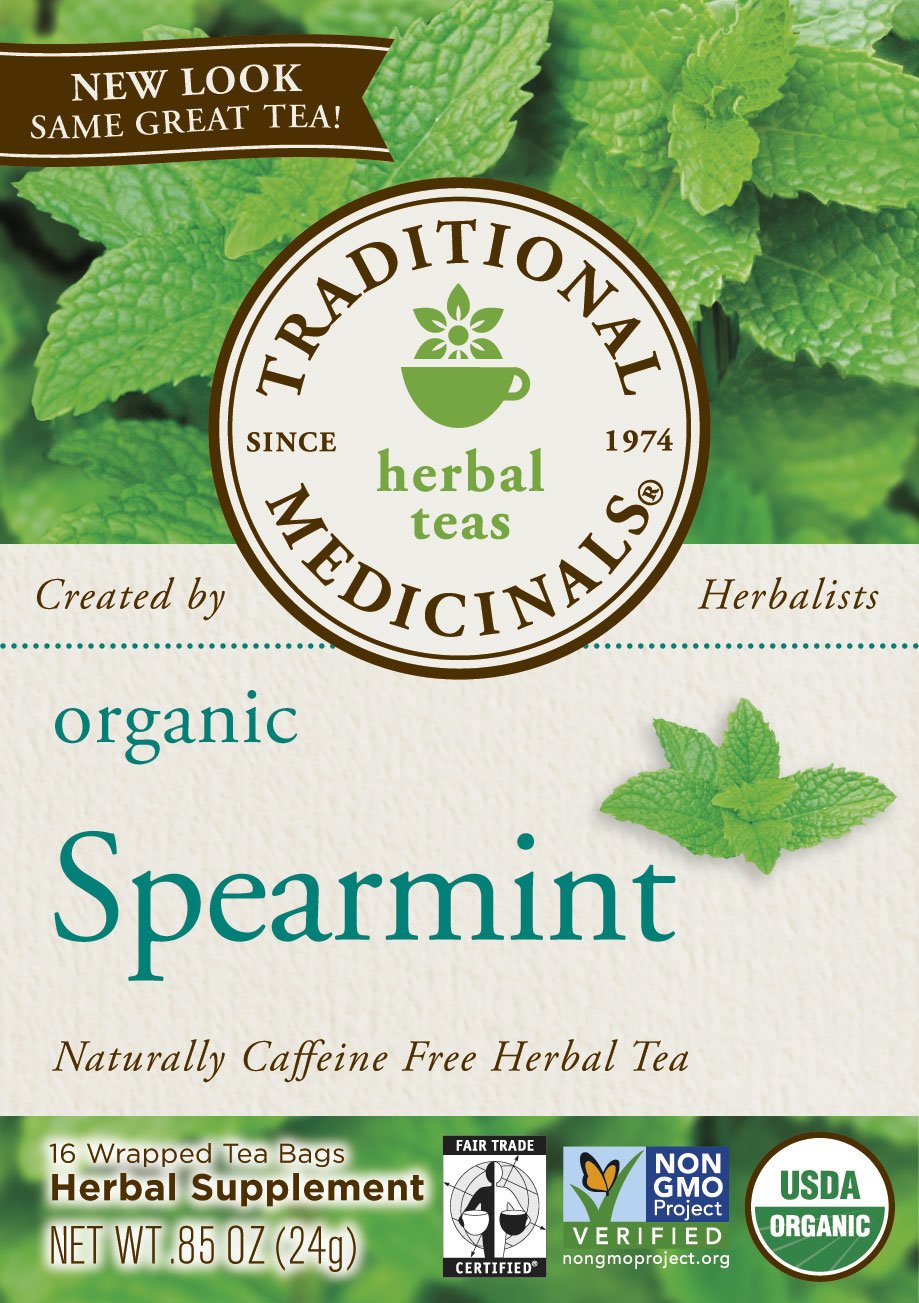Insulin and Testosterone Problems Cause Hirsutism:
We know that high insulin levels work on our ovaries to create testosterone. The more insulin you have, the more testosterone you have. The more testosterone you have, the more unwanted hair you have. If you manage your insulin levels you can in turn manage your hair growth.
Here's a list of different ways to help with your
Hirsutsim:
- Lowering IGF-1 to reduce Hirsutism
 Your diet needs to be diary free! Here’s Why: Research has shown that the growth phase of the hair follicle is strongly influenced by IGF-1 (that pesky hormone found to be in dairy products). The more IGF-1 you have, the more likely you are to develop hisutism. On a side note, IGF-1 has also been linked to acne also another issue from PCOS. I really believe that it is crucial in managing your PCOS, dairy is simply not helpful for you or your body. There are many dairy alternatives out there like almond milk and flax milk. I don't recommend soy milk because of its possible links to cancer, it's highly made with gmo soy and it has an estrogen effect in the body that can cause further hormonal imbalance and weight gain.
Your diet needs to be diary free! Here’s Why: Research has shown that the growth phase of the hair follicle is strongly influenced by IGF-1 (that pesky hormone found to be in dairy products). The more IGF-1 you have, the more likely you are to develop hisutism. On a side note, IGF-1 has also been linked to acne also another issue from PCOS. I really believe that it is crucial in managing your PCOS, dairy is simply not helpful for you or your body. There are many dairy alternatives out there like almond milk and flax milk. I don't recommend soy milk because of its possible links to cancer, it's highly made with gmo soy and it has an estrogen effect in the body that can cause further hormonal imbalance and weight gain.
2. Spearmint tea

Recent research shown that women with PCOS who drank of 2 cups of spearmint tea per day for 1 month showed much lower testosterone levels than the control group. The study concluded that spearmint tea is a helpful natural treatment for hirsutism in PCOS. It's a refreshing tea, hot or cold and can be very relaxing to drink in the morning and then once before bed at night.
3. Supplements
 There are some supplements that have been shown to aid in the metabolism of glucose and are therefore often used in the management of PCOS. You should check with your doctor before starting on these supplements, particularly if you are already taking insulin sensitizing drugs like metformin. (which i think you should try the natural supplements before trying the prescription medications to see if the natural supplements work for you unless you have diabetes along with your PCOS.)
There are some supplements that have been shown to aid in the metabolism of glucose and are therefore often used in the management of PCOS. You should check with your doctor before starting on these supplements, particularly if you are already taking insulin sensitizing drugs like metformin. (which i think you should try the natural supplements before trying the prescription medications to see if the natural supplements work for you unless you have diabetes along with your PCOS.)
SUPPLEMENTS TO TRY:
Myo-Inositol
Myo Inositol was once thought to be one of the B vitamins and is a carbohydrate. It’s really important in signaling messenger cells, in particular, insulin signals. So, it is involved in insulin and the way that glucose is managed in the body. Studies have shown that after 6 months of taking myo-inositol, hirsutism was dramatically improved, along with many other symptoms of PCOS. Another study concluded that “Myo-inositol is a simple and safe treatment that is capable of restoring spontaneous ovarian activity and consequently fertility in most patients with PCOS.” Sounds promising for those of us who are trying to conceive!
N-acetyl cysteine (NAC)
NAC is an important antioxidant and is also involved in insulin response and action. One study found that women who were treated with NAC had improved peripheral insulin levels as well as decreased free testosterone. Decreased testosterone will help to decrease hirsutism. It is important that If you do decide to take NAC, you need to drink at least 6-8 glasses of water per day to prevent Cysteine renal stones.
Omega 3
An April 2013 study conducted in Turkey, "Efficacy of omega-3 in the treatment of polycystic ovary syndrome," took 45 technically non-obese PCOS sufferers and had them supplement omega 3 at a rate of 1500 mg daily for six months. This is only half of what many nutritional experts recommend. After that trial period, the women showed decreased insulin resistance and less body fat. Most importantly, testosterone (androgen) levels decreased and sex hormone-binding globulin levels increased significantly after the six-month intervention.Increased omega-3 intake seems like the most straight forward comprehensive approach for managing PCOS. The reduction in the insulin resistance and body fat causes a reduction in the testosterone which causes hirsutsim to be reduced.
No comments:
Post a Comment